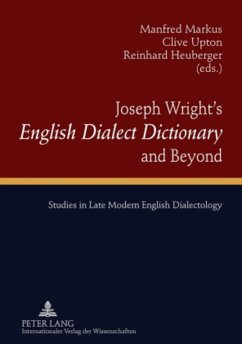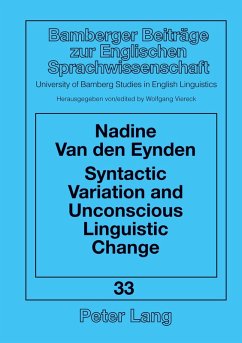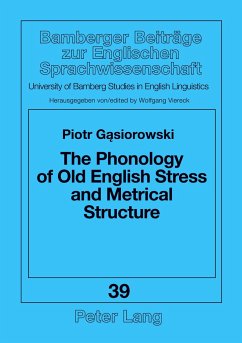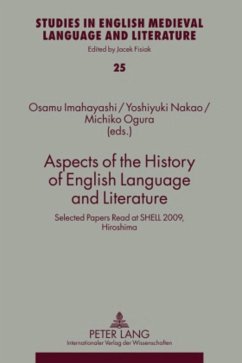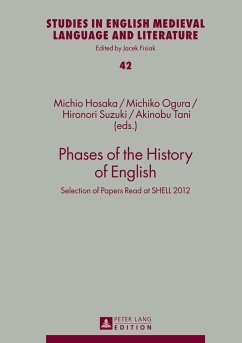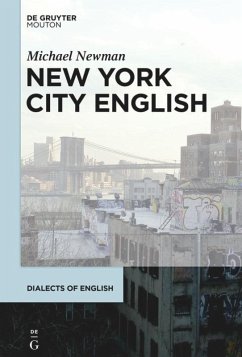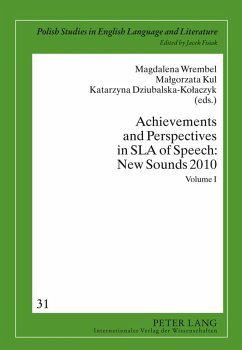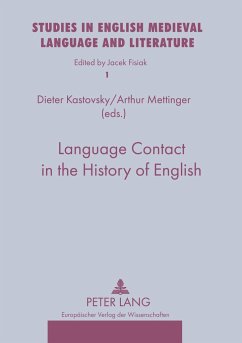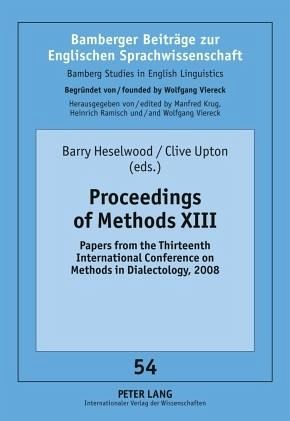
Proceedings of Methods XIII
Papers from the Thirteenth International Conference on Methods in Dialectology, 2008
Herausgegeben: Upton, Clive; Heselwood, Barry
Versandkostenfrei!
Versandfertig in 6-10 Tagen
150,75 €
inkl. MwSt.

PAYBACK Punkte
0 °P sammeln!
This volume of papers from the 13th International Conference on Methods in Dialectology, held at the University of Leeds in 2008, collects together current research and recent methodological developments in the study of dialects by new and established scholars. It is organised into themed sections reporting on historical dialectology, dialect literature, the production of dialect maps and atlases, and the collection and organisation of material for dialect dictionaries and corpora. Perceptual dialectology and dialect intelligibility are also featured, and there are linguistic analyses of diale...
This volume of papers from the 13th International Conference on Methods in Dialectology, held at the University of Leeds in 2008, collects together current research and recent methodological developments in the study of dialects by new and established scholars. It is organised into themed sections reporting on historical dialectology, dialect literature, the production of dialect maps and atlases, and the collection and organisation of material for dialect dictionaries and corpora. Perceptual dialectology and dialect intelligibility are also featured, and there are linguistic analyses of dialectal data from many language varieties.





